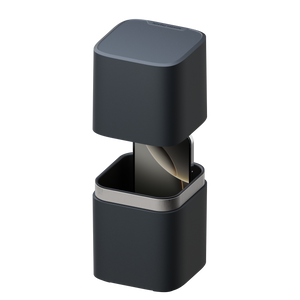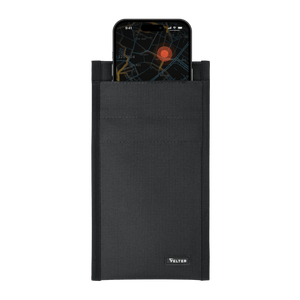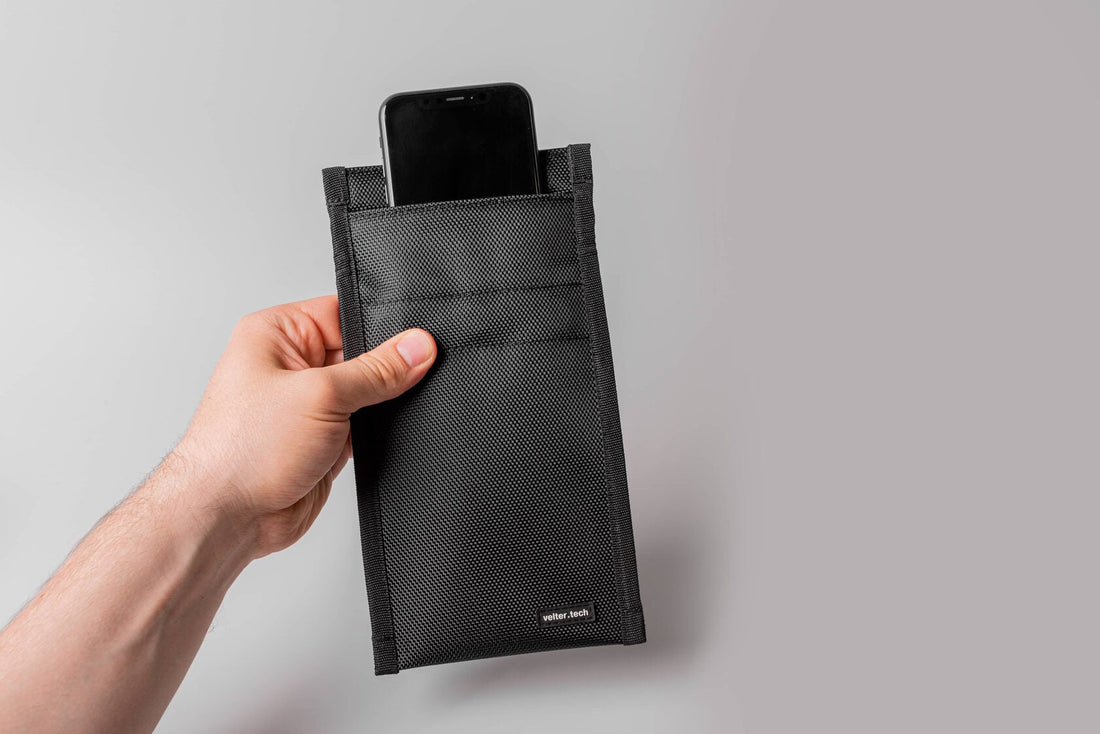Protecting Yourself from Cyber Fraudsters: Essential Tips for Digital Safety
The modern digital world has witnessed a surge in technological advancements, but it has also given rise to cyber fraud and attacks. Every minute spent online puts the security of our passwords, photos, videos, bank accounts, and personal information at risk. Cyberattacks can affect not only large companies but also ordinary social media users and online marketplace shoppers. Data loss can be used by malicious individuals as a means of compromise, impacting both personal and professional lives.
In this article, we have compiled a list of essential tips to help you safeguard your digital privacy and enhance your data security.
1. Regularly Update Your System
Manufacturers of mobile devices continually release security patches to protect your data. Regular updates help thwart attempts by viruses to penetrate your computer, smartphone, or tablet. By staying up to date, you can strengthen your defense against potential security breaches.
2. Configure a VPN
Using a Virtual Private Network (VPN) is another effective way to protect your data. It is advisable to opt for a premium VPN service to ensure high connection speed, access to statistics, and the ability to exclude specific websites from VPN usage. A VPN ensures maximum privacy for your online activities and protects your browsing history.
3. Utilize Antivirus and Firewall
While most users rely on their operating system's built-in firewall, there is always a risk that a virus can bypass it before a security patch is updated. To minimize this risk, it is crucial to use reliable antivirus software. A good antivirus program complements the firewall by effectively capturing digital parasites.
4. Use the Faraday Cage
The Faraday cage provides the best physical protection for your smartphone against external threats. By isolating your electronics from radio channels, it prevents any nearby device with malicious or spyware from accessing your device. Even if malware is present on your device, it loses connectivity with the attacker when placed inside a Faraday cage. These shielding devices are widely used by military personnel, businessmen, lawyers, and everyday users who value data leak prevention.

At Velter, we design patented and tested shielding products that blend style and functionality seamlessly, whether you're engaged in business negotiations, meetings, traveling, studying, or spending time with loved ones.
5. Establish Strong Passwords
Set complex and diverse passwords for all your accounts. The more intricate the password, the less susceptible it is to hacking. When creating a password:
- Use a combination of characters, numbers, uppercase, and lowercase letters.
- Choose a password that you can easily remember.
- Avoid saving passwords in your accounts for automatic login if you are uncertain about their security.
6. Enable Two-Factor Authentication
Almost all major websites now offer two-factor authentication during the login process. This additional layer of security ensures that even if someone possesses your login credentials, they cannot access your account without verifying their identity using a security key sent to another device owned by the account holder.
7. Regularly Back Up Your Data
Make it a habit to maintain three copies of your data on different storage devices. Keep one copy as a local file on your device, another on an external storage device, and the third in a cloud storage service. Having multiple backups ensures easy data recovery in the event of a data breach or device failure.
8. Avoid Charging from Untrusted Devices
Sometimes we find ourselves in a situation where our charger and a reachable power outlet are nowhere to be found, and our phone is on the verge of shutting down during a hectic workday. In these moments, we have to resort to using other people's charging cables, power banks, or computers. However, this procedure carries a significant risk to the data on our smartphones. If your phone's battery capacity is below 4500 mAh, and you actively use it throughout the day, it is advisable to develop a habit of carrying your original charger with a power adapter.
">
At first glance, it may seem almost impossible and reminiscent of paranoia to adhere to all these rules simultaneously. However, in reality, they are practically unnoticed everyday practices of digital hygiene that quickly become good habits and do not consume extra time.
26.05.2023

